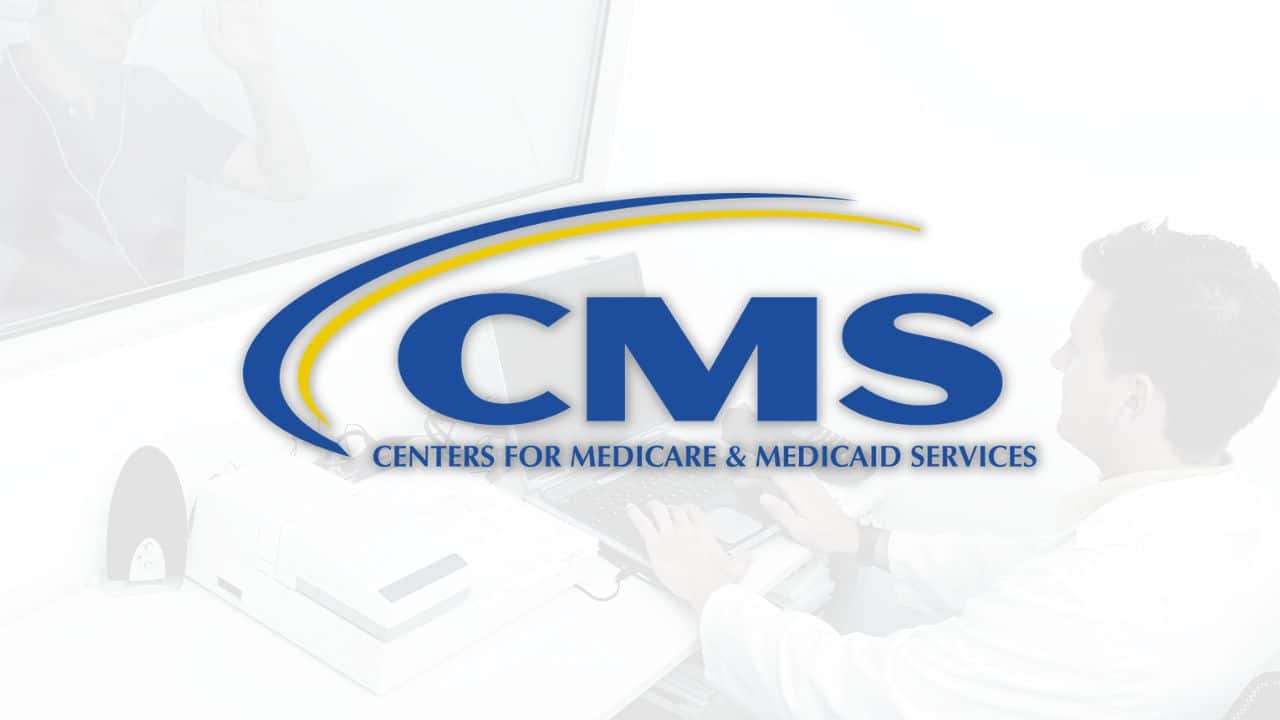WASHINGTON, D.C. — In the CY 2023 Physician Fee Schedule Final Rule, the U.S. Centers for Medicare & Medicaid Services (CMS) finalized an exception to the physician order requirement for certain diagnostic testing services to broaden patient access to services furnished by audiologists.
The finalized policy will allow beneficiaries direct access (without an order from a physician or NPP) to an audiologist, but “only for non-acute hearing conditions”. For these directly accessed services, CMS established a new modifier for audiologists to use (instead of the HCPCS G-code CMS proposed) because commenters persuaded CMS that a modifier, along with the codes that audiologist already use, would allow for better accuracy of reporting and reduce burden for audiologists.
The finalized direct access policy will allow beneficiaries, once every 12 months, to receive care for non-acute hearing assessments that are unrelated to disequilibrium, hearing aids, or examinations for the purpose of prescribing, fitting, or changing hearing aids.
According to the CMS website: “This modification in our finalized policy requires multiple changes to our claims processing systems which will take some time to fully operationalize, possibly by July 2023. Until such time, however, for dates of service on or after January 1, 2023, audiologists may elect to use modifier AB, along with any of the 36 CPT codes on the finalized list, and following the safeguards built into modifier AB.”
Note: CMS says it will provide additional information as it becomes available.
CLICK HERE FOR 36 CPT CODE LIST
Defining ‘Audiology Services’ according to CMS:
As defined in the Social Security Act, section 1861,(ll)(3), the term “audiology services” specifically means hearing and balance assessment services furnished by a qualified audiologist. Hearing and balance assessment services are termed “audiology services” regardless of whether they are furnished by an audiologist, physician, nonphysician practitioner (NPP), or hospital.
Audiology services are generally covered as “other diagnostic tests” under section 1861(s)(3) of the Social Security Act and payable under the Physician Fee Schedule (PFS). Audiology services furnished to an outpatient of a hospital are covered as “diagnostic services” under section 1861(s)(2)(C) and payable under the hospital Outpatient Prospective Payment System (OPPS). View the list of audiology services HCPCS codes (ZIP) (updated 11/14/22).
There is no provision in Medicare law to pay audiologists for therapy services such as auditory rehabilitation (see Pub 100-02, chapter 15 (PDF) (PDF), section 80.3) or hearing aids and auditory implants (see Pub 100-02, chapter 16 (PDF) (PDF), section 100). Audiology services are not covered under the benefit for services “incident to” a physician’s service (see Pub 100-02, chapter 15 (PDF) (PDF), section 60) because audiologists have their own Medicare benefit that allows them to bill for audiology services they personally furnish.
A physician order is required for audiology services in all settings with the exception of such diagnostic tests for non-acute hearing conditions personally furnished by audiologists that may be directly accessed by beneficiaries, once every 12 months, per beneficiary. This new policy is effective for dates of service on or after January 1, 2023. Coverage for audiology services is determined by the reason the tests are ordered or directly accessed, as appropriate, rather than by the patient’s diagnosis or condition.
Medicare Part B provides payment for many types of services and procedures. The Medicare Administrative Contractor (MAC) that pays your claims is the best source for answers to specific Medicare billing questions. Find your MAC’s website.
If you have difficulty communicating with your contractor, use the CMS Regional Offices’ web page to identify the CMS Regional Office that services your area of operations and use the email address to request assistance.
Source: CMS






